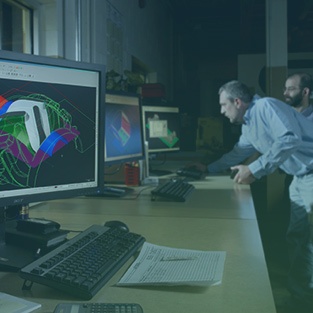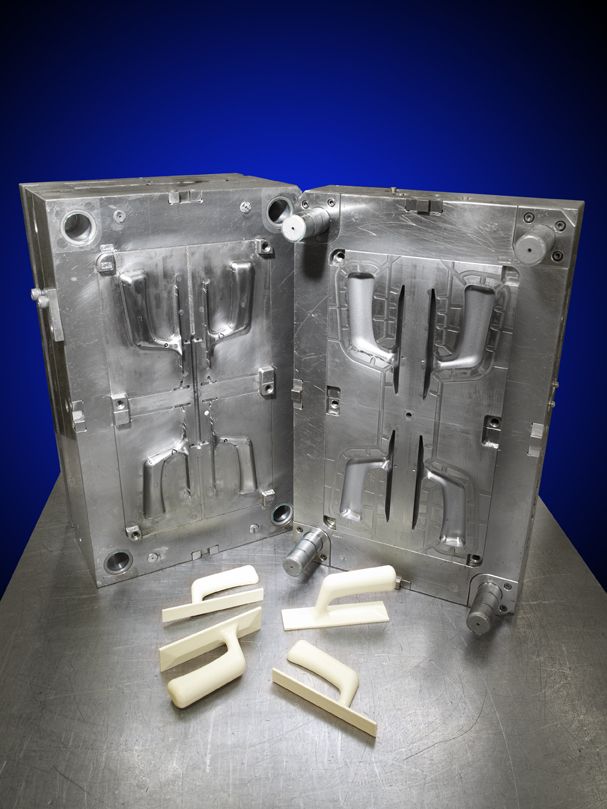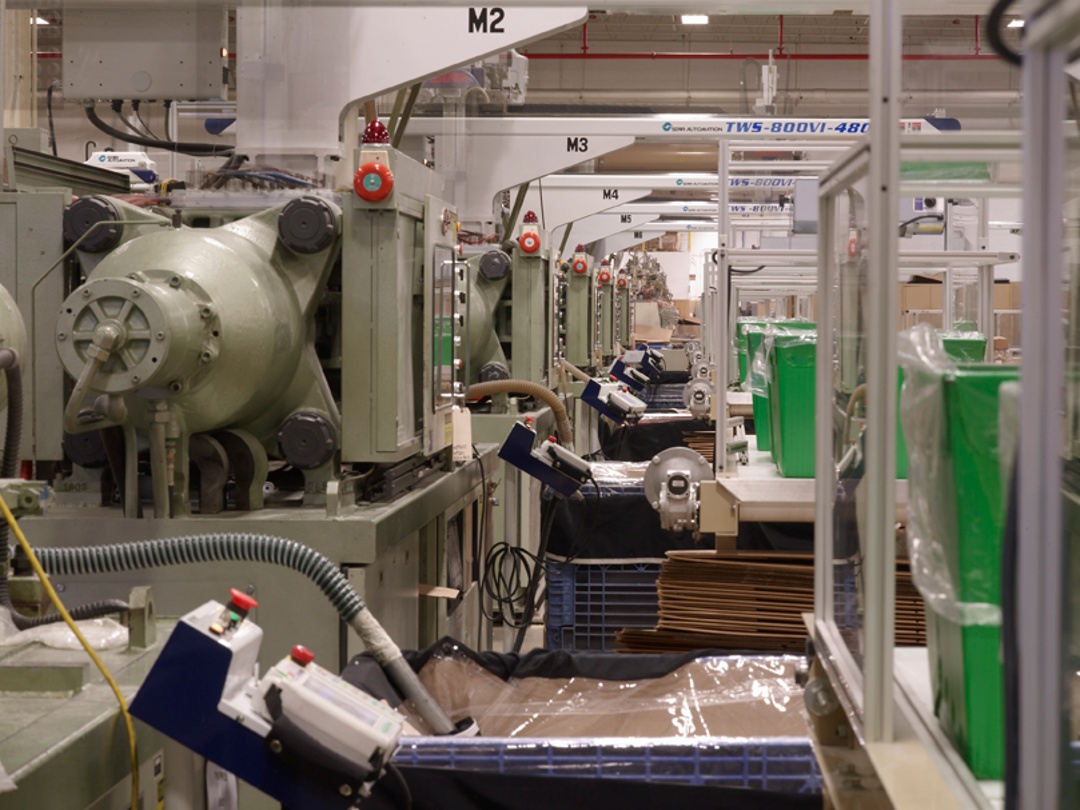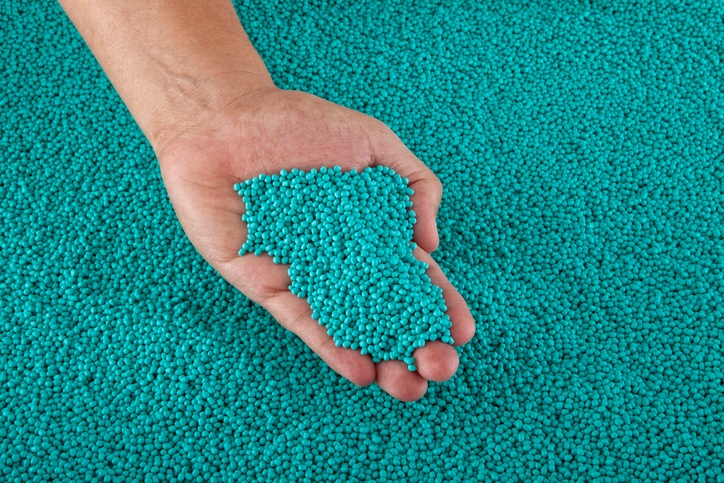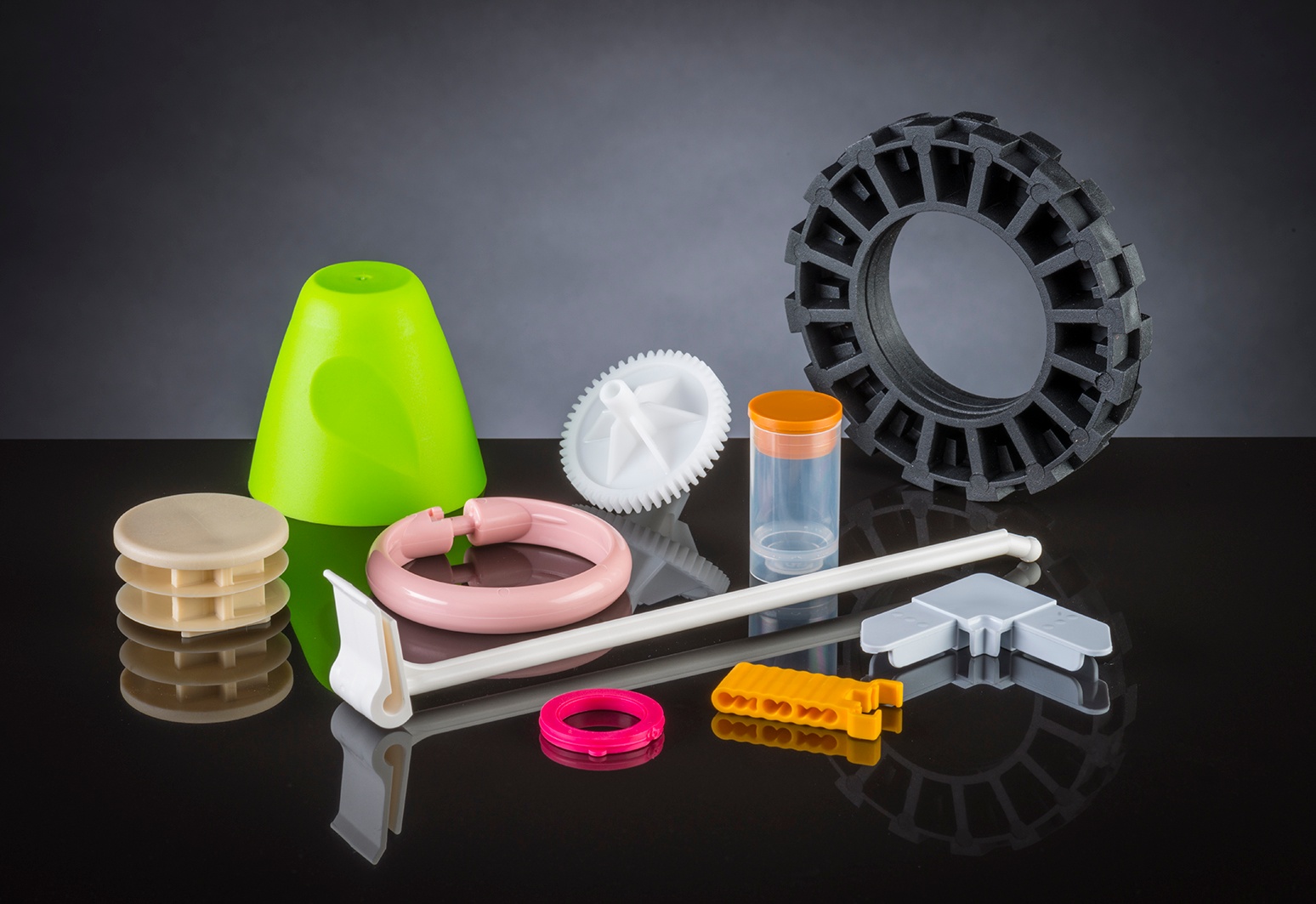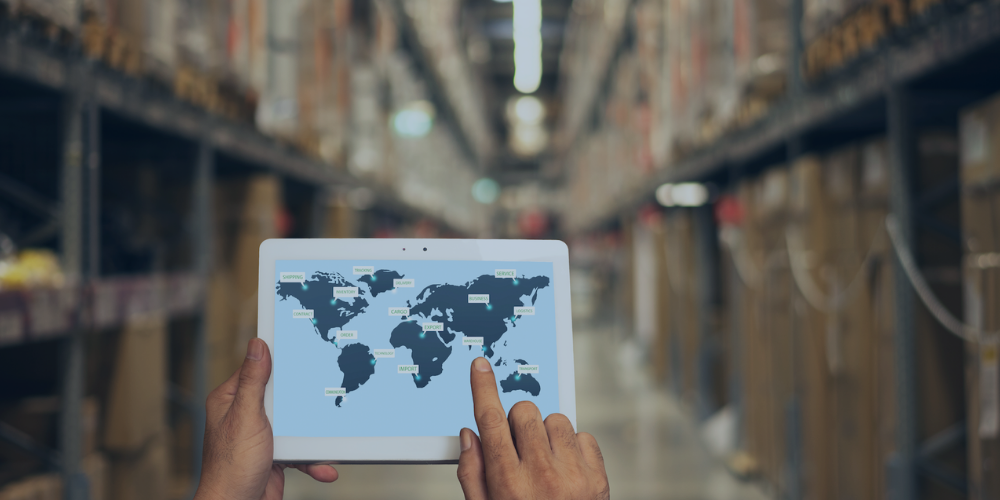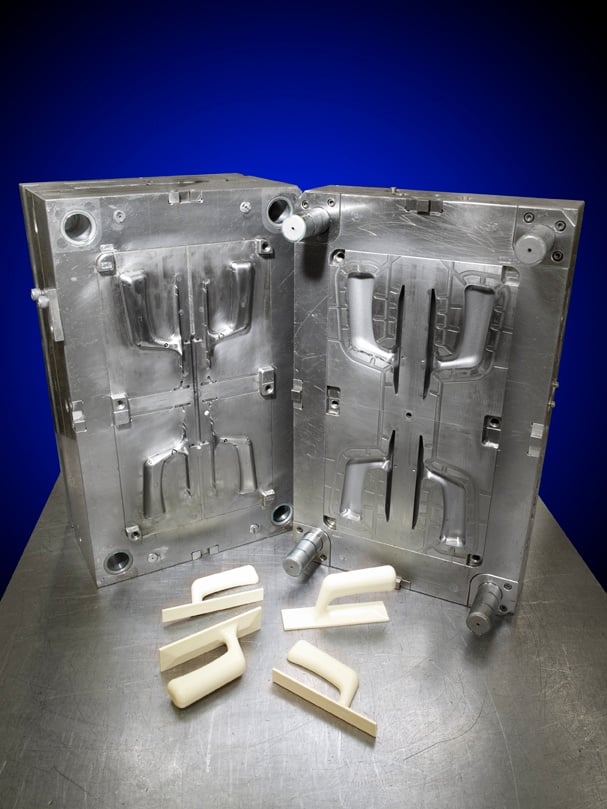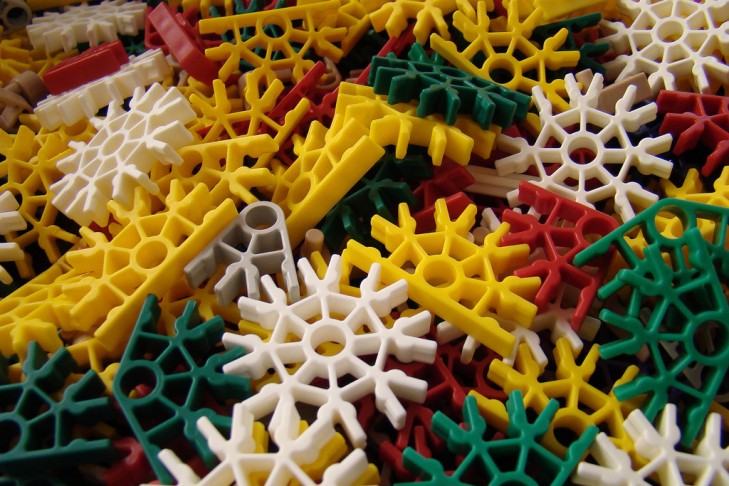The field of robotics is an area that fascinates millions of people. Technological advances happen continuously in every field, but robotics, in particular, is closely monitored by many who are eager to discover what's next. As a company that prides itself on being at the cutting edge of technological innovation, The Rodon Group is always up to date on the latest robotics trends, especially concerning plastic injection molding.
Recent Posts
Manufacturing solid and durable plastic parts requires a plan and design. When you work with a quality manufacturer, you have design engineers readily available to create the perfect piece and build an injection mold for high-volume product creation. Here, the team at The Rodon Group shares a checklist of design considerations you can keep in mind for your next plastic injection molding project.
Many companies utilize offshore manufacturing to save on labor costs and raw materials. When it comes to fabricating plastic injection molds, those savings may seem significant; however, offshore manufacturing often comes with many drawbacks such as shipping delays and low product quality. These issues quickly eliminate any cost benefits associated with Chinese injection molds as they often result in the need for reworked parts.
Plastic injection molding processes are fast, efficient, and precise when conducted by an experienced professional plastic molder using advanced, automated machinery. By using appropriately advanced equipment and automation technology, each manufactured piece will be identical to the initial design file and other units in the order.
Materials that will come into direct contact with food must be durable, non-reactive, and inert. For consumer safety, it is vital that these plastics must be able to withstand factors such as chemical exposure, extreme temperatures, and UV radiation without breaking down. To be considered food-grade, plastic injection molding materials must adhere to strict regulations.
Manufacturing plastic injection molded components in-house as part of a customer’s end product can prove to be a significant challenge from an efficiency, quality, and cost perspective. Many companies have seen the relative ease with outsourcing and have decided to incorporate that process into their business model. Over the years, Rodon has garnered many of our largest customers who were doing their best to manufacture their injection molded components in-house, but found the process too problematic and inefficient.
As the COVID-19 pandemic continues to devastate global supply chains, many businesses have begun reshoring their operations. This trend is particularly prevalent in manufacturing, although reshoring rates have started to rise throughout the industrial sector in recent weeks. In fact, the Thomas Industrial Survey for April found that 64% of manufacturers are now considering reshoring, compared to only 54% who were thinking about reshoring in March.
As we've progressed from revolutionary inventions such as the light bulb on to the telecommunications age of the radio, phones, and televisions, the methods of manufacturing and product design have evolved as well. Computers, the internet, sustainable power, and everything that comes next is the driving force behind the advances in modern moldmaking in manufacturing. To understand where we are going, however, we must look at how we got here.
While plastic has been used to create a vast number of consumer products, the material’s potential uses expand far beyond children’s toys or storage containers. Today, industry experts rely on plastics to create everything from automotive parts to synthetic human body parts.








